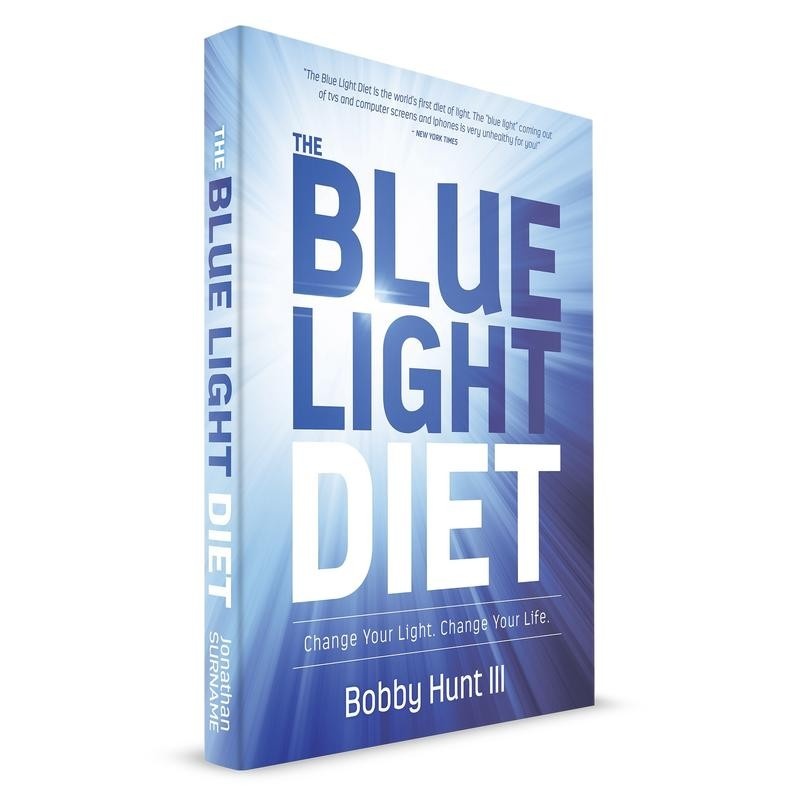CIRCADIAN SYNDROME: Your New Approach for Treating Metabolic Syndrome
Jun 05, 2019
There is a gang of disorders that leads to cardiovascular disease and other diseases like type 2 diabetes. High blood pressure, high blood sugar, high cholesterol or triglycerides, insulin resistance and fat beer bellys. This unhealthy gang of disorders is known as Metabolic Syndrome and about one third of the entire population of the United States are suffering from it.
To get Metabolic Syndrome under control, your typical MD will blabber the usual.
Lose weight. Stop smoking. Eat a "healthy" diet. Exercise. Limit saturated fat. Stop smoking. Some doctors will even put you on drugs to lower cholesterol like statins or even weight loss drugs, antidiabetics and antihypertensives.
Thankfully, some smart doctors and researchers have dug a little deeper into Metabolic Syndrome and now suggest we call it "Circadian Syndrome" instead.
Calling it Circadian Syndrome is brilliant because it now opens up some new and effective treatment options that just the typical medical establishment rah rah take a pill and eat healthy advice.
What kind of treatment options you ask?
Well, they are calling it Circadian Syndrome because the new research is showing that disturbing your circadian rhythm may be the main cause in metabolic syndrome. In the paper above, the authors state:
"There is now increasing evidence connecting disturbances in circadian rhythm with not only the key components of the Metabolic Syndrome but also its main co-morbidities including sleep disturbances, depression, steatohepatitis and cognitive dysfunction. Based on this, we now propose that circadian disruption may be an important underlying aetiological factor for the Metabolic Syndrome.."
So now you can start to treat metabolic syndrome the same way you treat circadian rhythm disruption.
How's that?
I'm slightly pressed for time right now and you will learn a more in depth protocol in The Blue Light Detox program but, in addition to what your doctor may already have you doing, the basic steps you can start doing today are....
1) Try see or at least to wake up as close to sunrise as possible. Get outside for about 30 minutes of natural light after waking. This will help turn off the sleepy part of your brain and turn on the part that wakes you up, makes you alert and ready to bang the day out. Let the sunlight hit as much bare skin as possible and do not wear sunglasses or contacts.
Early am light is a ZEITGEBER. Zeitgebers are signals that help your body synchronize to a circadian rhythm. Besides light, the other zeitgebers you want to trigger in the AM are exercise and eating. Read on...
2) While outside, get a little exercise to help trigger your circadian clocks and prepare your digestive system for your first meal of the day. Walk or stretch or do yoga etc.
3) To further establish a consistent circadian rhythm, eat a protein and fat rich breakfast about an hour or so after waking and getting your morning dose of real sunlight.
4) Take brightness breaks throughout the day. The brightness of the sunshine is part of what keeps your circadian rhythm intact and running optimally. A problem is that indoor lighting does not even come close to the natural brightness of the sun. So make sure to take brightness breaks. Assuming you've seen the sunrise and got your dose of early morning light, try for at least a short walk or something around 10am, 12pm and 3pm. The more the better. If indoors, sit next to a window if possible.
5) See the sunset and eat dinner before dark. I'm getting bored of typing and I gotta take the Czech girls on the boat so I'll make this quick. Sunset signals your body and brain that its time to start preparing for rest and regeneration. The day is ending and the dimming of the light triggers the release of melatonin. When you eat after dark, you are essentially eating "light", which signals to your body it is daytime and creates a mismatch. You want your body resting, not digesting at night. Do not eat after dark whenever possible.
6) Finally, DONT TURN ON THE LIGHTS AFTER SUNSET! If you do, make sure to use either red or incandescent bulbs and wear special blue and green light blocking glasses. Artificial light at night tells your brain it is day. It blunts melatonin and impairs blood glucose levels among many other things. Nothing screws with your circadian rhythm more than that.
Ok. Thats enough for now.
Maybe see you in the Blue Light Detox program.
Please help us out and share this article on your social media pages but only if you liked it :P
WANT TO LEARN MORE ABOUT LIGHT & HEALTH?
Sign up below now to get the free Blue Light Diet cheat sheet to light and health.
We hate SPAM. We will never sell your information, for any reason.

